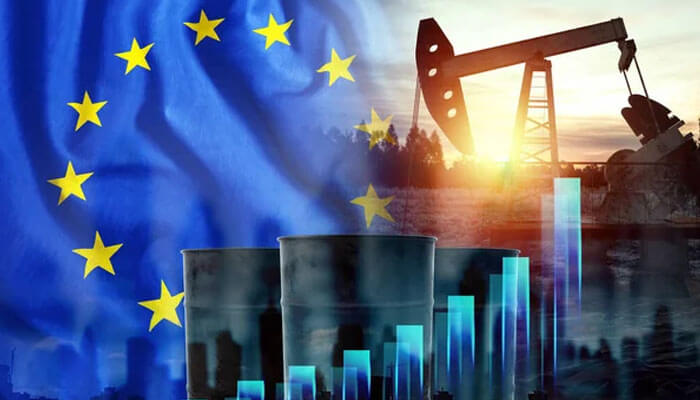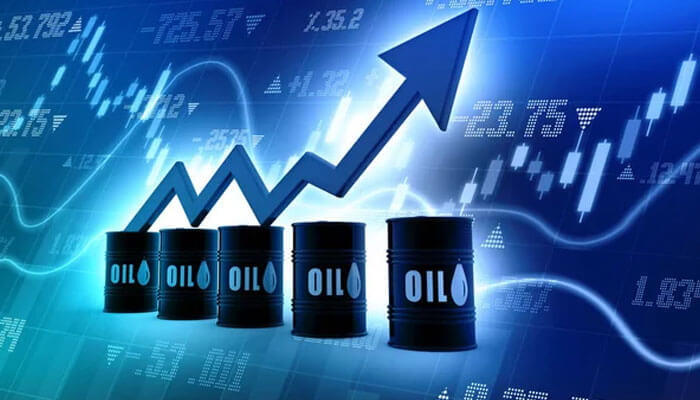Oil and natural gas prices have surged in response to the recent political turmoil in Russia. Over the weekend, protests erupted in Moscow and other major cities across the country, with thousands taking to the streets to demand the release of opposition leader Alexei Navalny. Navalny’s arrest and subsequent detention have sparked widespread outrage both within Russia and internationally, raising concerns about the state of democracy and human rights in the country.
The unrest in Russia has had a significant impact on the global energy market, with both oil and natural gas prices rising sharply in response. Russia is one of the world’s largest producers of both commodities, and any disruption to its energy sector can have far-reaching consequences.
According to market analysts, the price of Brent crude oil (the international benchmark) rose by over 2% on Monday, while natural gas prices in Europe have also seen a significant uptick. The situation in Russia remains tense, and it is unclear how long the current wave of protests will continue. However, it is likely that the impact on the energy market will be felt for some time to come.
Oil and natural gas prices saw an increase on Monday due to the weekend’s turmoil in Moscow. Investors were concerned about the potential disruption of global commodity supplies, as Russia is one of the world’s largest exporters of oil and wheat. As a result, US crude oil futures briefly climbed. In addition, wheat prices also briefly spiked higher.
The insurrection in Russia has created uncertainty in the market, and investors will likely closely monitor the situation to assess any potential impact on commodity prices. With Russia being a major player in the global oil and wheat markets, any disruption to its exports could have a significant effect on prices and supply chains.
The market remains cautious as it waits for more information on the situation in Moscow. The coming days will likely bring more clarity on the potential impact of the insurrection on global commodity supplies and prices.
Benchmark prices for European natural gas have surged over the past few weeks, with a 10% increase from Friday’s close to trade at €36 ($39) per megawatt hour. The main reason for this price hike is the outages at some Norwegian gas plants. Additionally, the announcement that a Dutch gas field will close permanently in October has further fueled the increase in prices.
These developments have caused concern among European energy companies, as the higher prices could have a significant impact on their operations. Some companies may need to explore alternative sources of energy to mitigate the impact of the price increase.
The situation is being closely monitored by analysts and traders, who are keeping a close eye on any further developments that could impact the price of natural gas in Europe. The overall outlook for natural gas prices remains uncertain, as the market is highly volatile and subject to a range of different factors.
In the short term, it is likely that prices will remain elevated due to the ongoing outages and the impending closure of the Dutch gas field. However, in the longer term, prices could come under pressure if alternative sources of energy become more competitive or if demand for natural gas declines.
Overall, the recent surge in natural gas prices in Europe is a cause for concern for energy companies and consumers alike. While the situation is being closely monitored, it remains to be seen how it will develop in the coming weeks and months.



